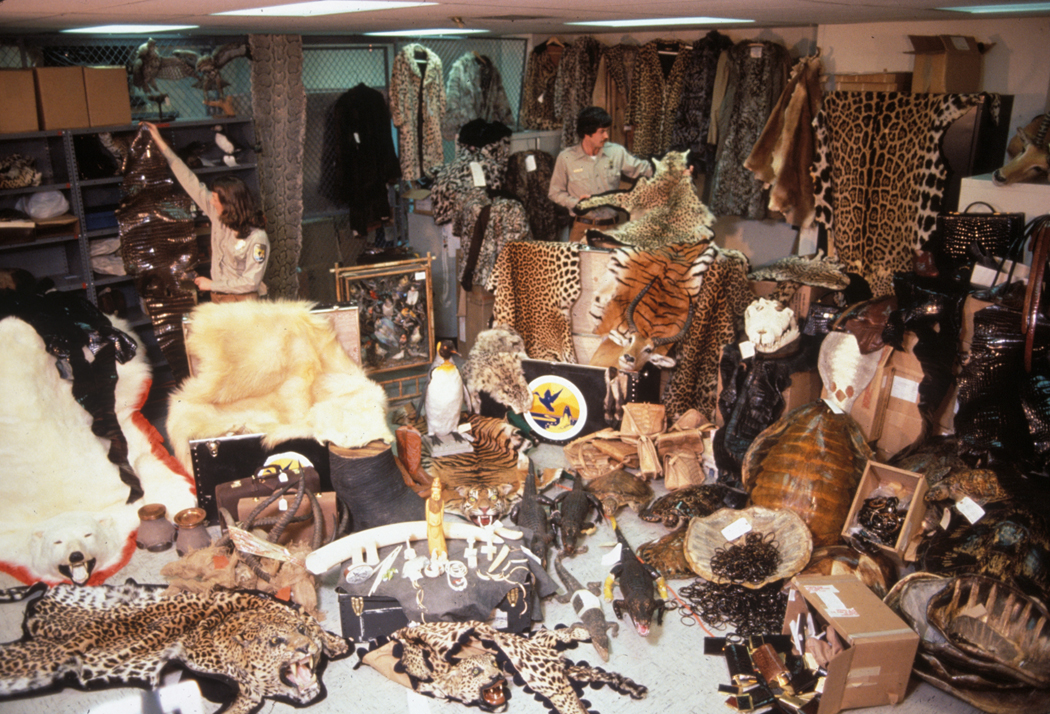 |
| A shark being pulled up from a boat for sale in Chennai. |
A recent study published in the journal Nature has shown that sharks often like to hang around areas that get visited regularly by industrial fishing ships, putting them in serious danger of being caught either as food or as bycatch. As part of the study, researchers outlined the activity of 23 shark species and fishing vessels around the world. They tracked more than 1,500 sharks with satellite tags and linked that data with information on ship movements obtained from safety technology that vessels use to prevent collisions at sea. According to Dr. David Sims, a marine ecologist at the Marine Biological Association in Plymouth and University of Southampton, industrialized fisheries are catching tens of millions of sharks in areas where there is little or no management resulting in some population declines. He further added that sharks have been targeted intentionally in recent decades because the value of their meat, especially their fins, has increased. In addition, sharks are also caught accidentally due to long lines of fishing vessels that can stretch for miles and have more than 1,000 hooks. Researchers did not have a sense of sharks' favorite haunts, where they might be most at risk from the pressure of industrial since the animals travel vast distances across the ocean. Dr. Sims stated that in order to understand where the sharks were hanging out, a global team was established over three years ago. The team comprised of over 150 shark experts who have all worked jointly and cooperated to combine their data into a vast database. The database contains satellite tracks of large species like whale sharks, great whites, and shortfin makos. The experts discovered that sharks usually like swimming along boundaries of different types of water masses, such as one spot in the North Atlantic where warm waters of the Gulf Stream concentrate with colder waters in the Labrador Current. The team then looked at data from Global Fishing Watch, which contained information on tens of thousands of vessels anti-collision technology known as automatic identification system, which allows ships to basically announce their location, course and speed. In general, about 24% of the space used by sharks in a typical month overlapped with long-line fisheries. Of the sharks, blue sharks in the North Atlantic were found to use 76% of space in an average month which overlapped with long-line fishing, while shortfin mako sharks used 62% of space. Dr. Sims pointed out that based on the findings, there are very few safe refuges for sharks and noted that currently, "fishing for sharks on the high seas generally has little or no management for the majority of species." Dr. Elliot Hazen, a research ecologist with NOAA's Southwest Fisheries Science Center in Monterey, California, stated that the overlaps present a possible opportunity and a possible difficulty for conservation efforts. That is, when it comes to managing highly migratory species, there would be a settlement where decision-makers have to decide what is more important: conservation efforts or the economic benefits of the fishing opportunity.
I think based on the findings of this study, it is highly crucial to take concerted measurements in preventing sharks from being caught either accidentally or intentionally. These animals are running out of space which they occupy to stay safe from industrialized fishing and this is seen when the space they occupy overlaps with long-line fisheries. I strongly believe that awareness programs should be established and implemented about using harmless alternatives to long-line fishing, which puts sharks in grave danger of being accidentally caught. Furthermore, fisheries and their personnel should be given monthly updates about where sharks are frequenting so that they don't accidentally catch them while fishing. It is very important to identify and make note of fisheries that purposefully catch sharks for food, especially when those fisheries happen to be from China or any country where the demand of shark fin soup is high. These are the fisheries that need to be targeted and its personnel should be prosecuted under full extent of the law. Sharks normally avoid conflicts with people, but when people venture into their habitats, that is when conflicts arise resulting in serious injuries or death on both sides. This is why it is highly essential to conduct efforts in mitigating human-shark conflicts both on beaches and in the open sea, in order to save lives of sharks and people.
View article here




.jpg/1920px-Myanmar_Illicit_Endangered_Wildlife_Market_04_(cropped).jpg)